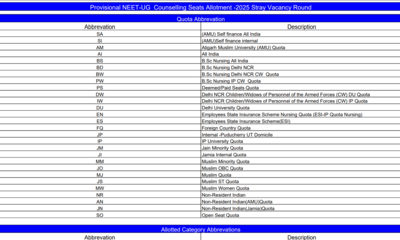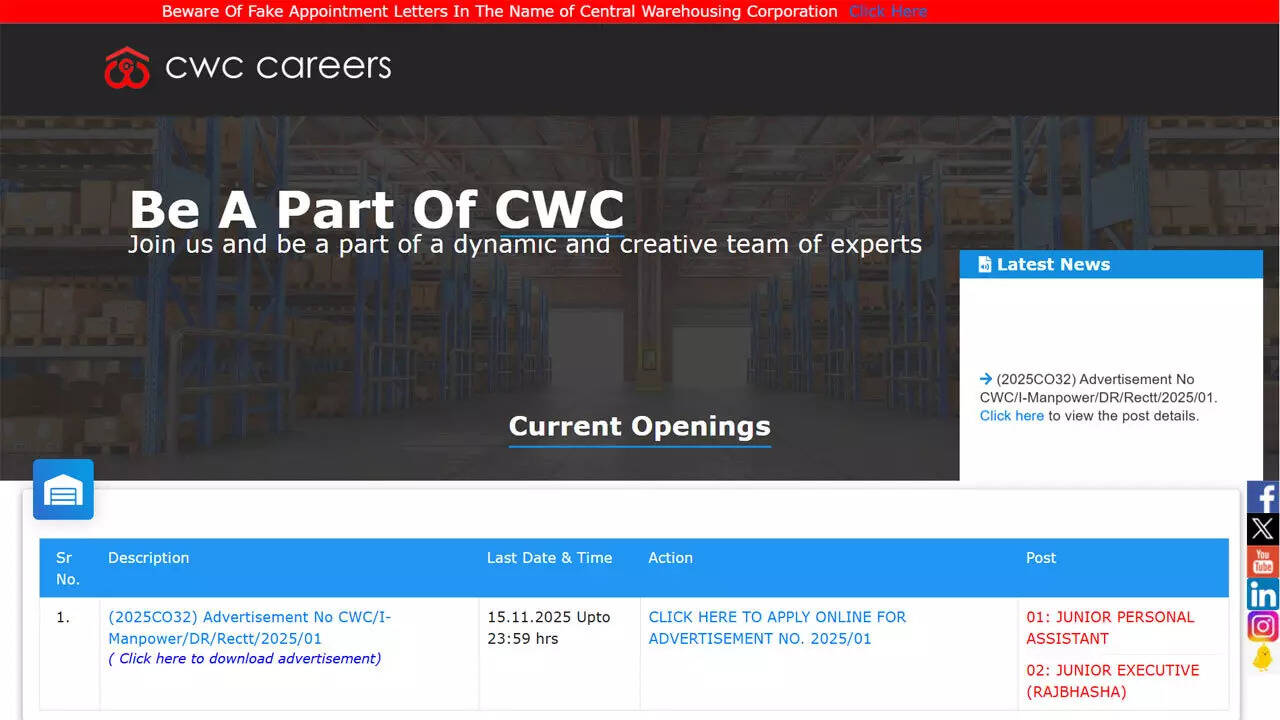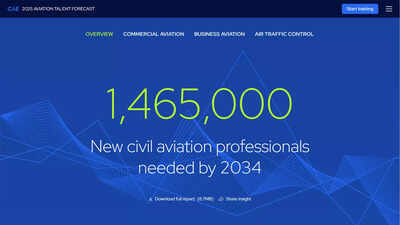JD Vance challenges Donald Trump over H-1B visas: How it happens and what it reveals about policy

Vice President JD Vance has outlined a position on foreign labour that diverges from President Donald Trump’s recent comments, creating an apparent policy split at the top of the US administration. In an interview with Sean Hannity on Fox News, Vance said the country should “empower” blue-collar workers already in the US rather than rely on additional foreign labour, as quoted by Newsweek.Trump, however, defended the need for H-1B visas in a separate conversation with Laura Ingraham on Fox News. He insisted the US “has to bring in talent” after Ingraham argued that domestic workers were sufficiently skilled, according to Newsweek.Vance emphasises technology and domestic workforce supportDuring his interview, Vance argued that the administration should prioritise using technology to support existing US workers rather than replacing them with foreign labour. He said the Democrats’ approach of “import more and more low-wage servants” had reduced prosperity because “a lot of our blue-collar workers were struggling,” as quoted by Newsweek.Vance added that American workers would “make higher wages” and the “whole country is going to be better off” if technology strengthened domestic labour instead of foreign recruitment, Newsweek reported. He framed this view as aligned with “the Trump model” but presented a notable contrast with the president’s recent remarks.Trump signals shift in tone on H-1B visasTrump’s comments to Ingraham reflected a shift from earlier positions. In 2016, he described H-1B visas as “very bad for workers” and said the programme should end, according to Newsweek. By December 2024, however, he told the New York Post that he had “always liked the visas” and had used “many H-1B visas” at his properties, calling it “a great programme.”Despite this softer tone, Trump signed a Presidential Proclamation on September 19, 2025, imposing a US$100,000 fee on new H-1B petitions for workers outside the US. The measure took effect on September 21 and aimed to limit overuse of the programme, according to Newsweek.Vance’s long-standing criticism of H-1B systemVance has been sharply critical of companies using H-1B visas to cut labour costs. In October, he said the system was intended for “a super genius … working at a great company,” but now allowed firms to “hire an accountant at a 50 per cent discount for an American citizen,” as quoted by Newsweek.He also criticised major technology firms for laying off US workers while seeking new H-1B visas. In July, he said he opposed companies dismissing “9,000 American workers” and then claiming they lacked domestic talent, calling it “a bulls**t story,” Newsweek reported.Legal and economic implications aheadThe impact of the US$100,000 H-1B fee on application volumes remains uncertain. At the same time, the administration is facing a lawsuit from the US Chamber of Commerce, which argues that the increased cost could make the system inaccessible for many employers, especially start-ups and small to medium-sized businesses, according to Newsweek.





